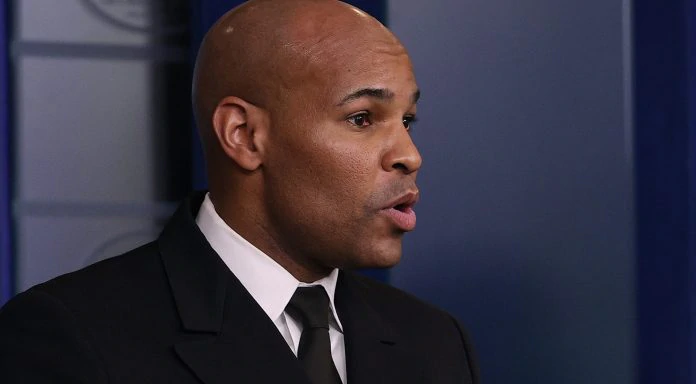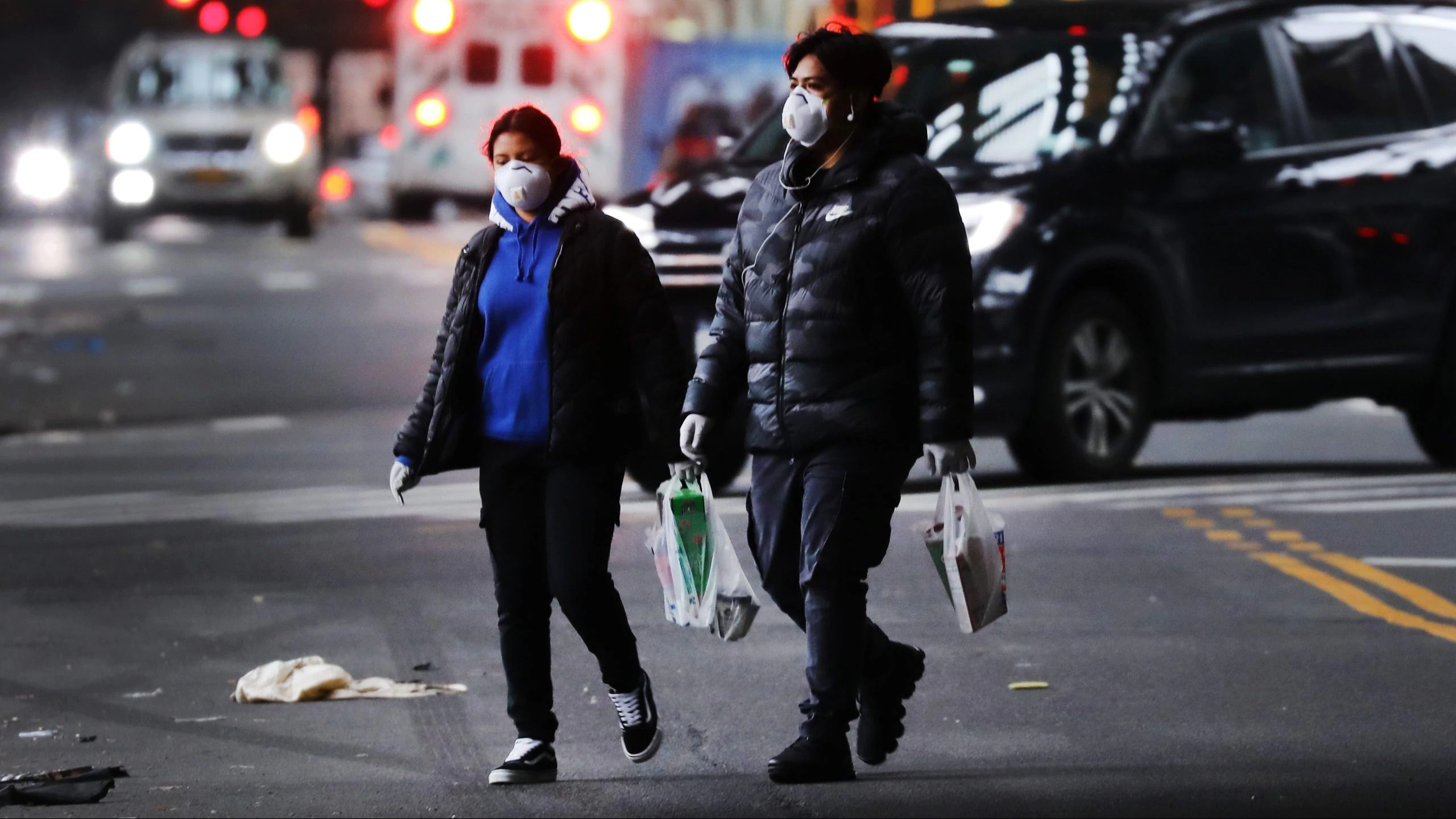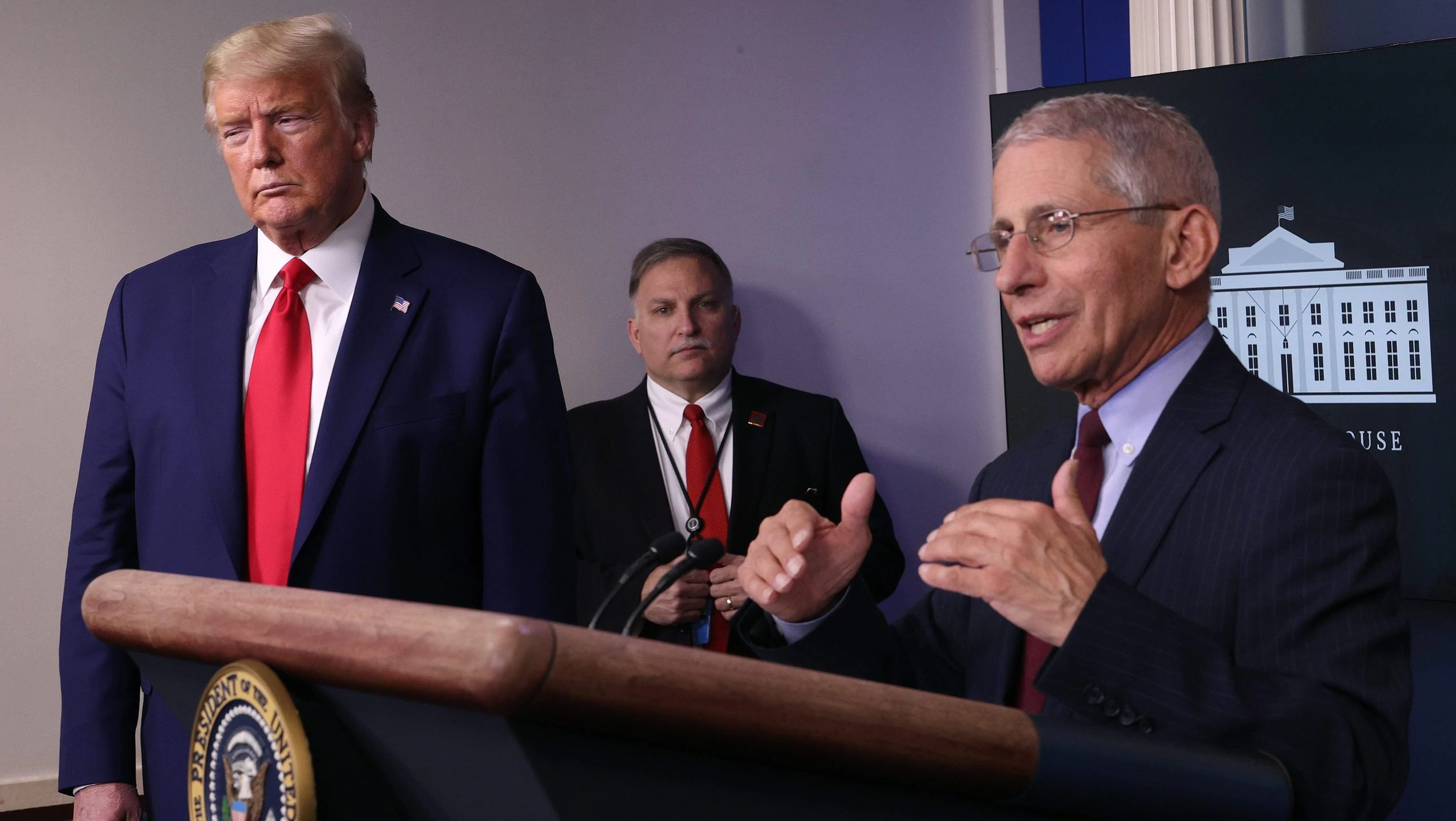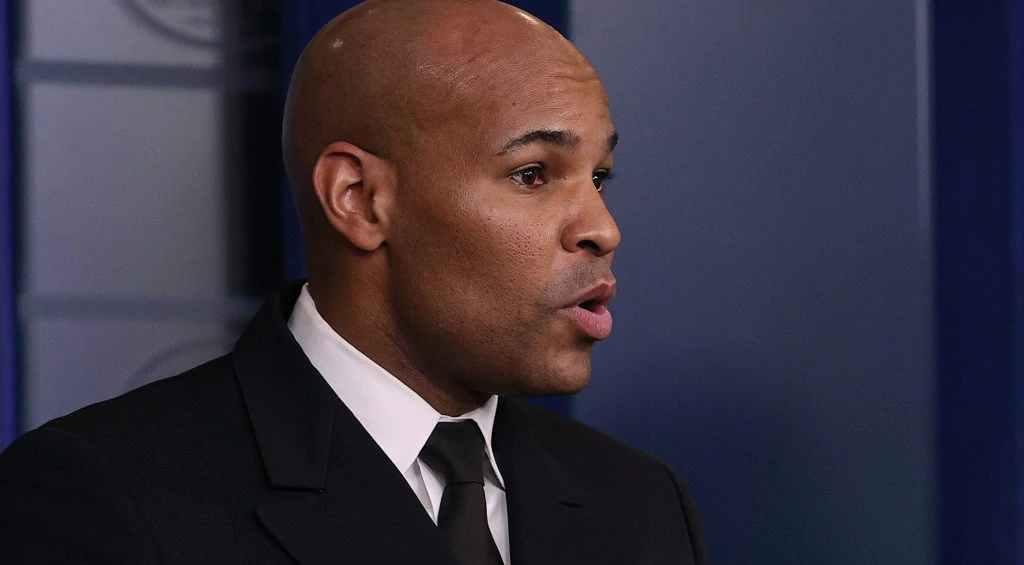[ad_1]

WASHINGTON (AP) — The U.S. surgeon general offered some of the starkest warnings yet Sunday as he braced Americans for the worsening fallout from the new coronavirus, warning “this is going to be the hardest and the saddest week of most Americans’ lives, quite frankly.” The public was advised separately by the nation’s infectious disease chief to “just buckle down” and that the virus probably won’t be wiped out entirely this year.
The number of people infected in the U.S. has exceeded 300,000, with the death toll climbing past 8,400; more than 3,500 of those deaths are in the state of New York.

READ MORE: Americans should wear masks in public, White House recommends
Much of the country is under orders to stay home, and federal officials said that they have seen signs that people are listening to the message about social distancing. But the Trump administration also is also emphasizing that the worst is yet to come for many communities.
“This is going to be our Pearl Harbor moment, our 9/11 moment, only it’s not going to be localized,” Surgeon General Jerome Adams said on “Fox News Sunday.” He added: “It’s going to be happening all over the country. And I want America to understand that.”

For most people, the virus causes mild or moderate symptoms, such as fever and cough that clear up in two to three weeks. For some, especially older adults and people with existing health problems, it can cause more severe illness, including pneumonia, and death.
Dr. Anthony Fauci, director of the National Institute of Allergy and Infectious Diseases, said the coming week is “going to be shocking to some.”
“But that’s what is going to happen before it turns around, so just buckle down,” Fauci said on CBS’s “Face the Nation.”

Fauci said that the rate of new cases will determine whether the United States is putting the worst behind it.
“We’ve seen that in Italy,” Fauci said. “We’re going to hopefully be seeing that in New York very soon and that’s the first sign of that plateau and coming down.”
Fauci also warned that unless the world gets the virus under control, it will “assume a seasonal nature.”
READ MORE: Jemele Hill calls out Kraft’s support Trump amid masks donation
“We need to be prepared that, since it unlikely will be completely eradicated from the planet, that as we get into next season, we may see the beginning of a resurgence,” Fauci said. “That’s the reason why we’re pushing so hard in getting our preparedness much better than it was.”
While most states have adopted restrictions on people’s movement, a few states have declined to order residents to stay home. Adams was asked on NBC’s “Meet the Press” if they should join the rest of the country.
“Ninety percent of Americans are doing their part, even in the states where they haven’t had a shelter in place,” Adams said. “But if you can’t give us 30 days, governors, give us, give us a week, give us what you can, so that we don’t overwhelm our health care systems over this next week.”
[ad_2]
Source link

